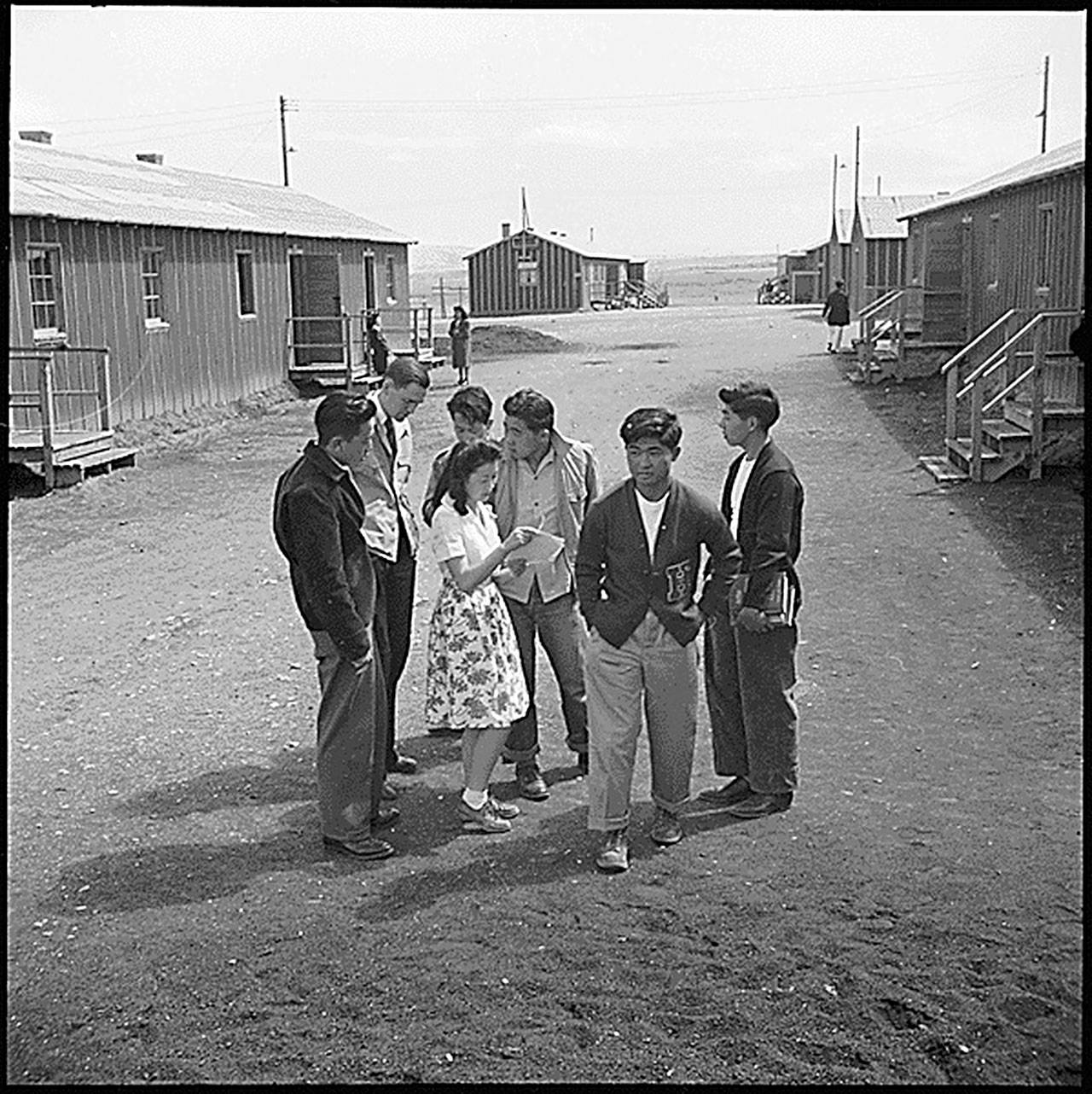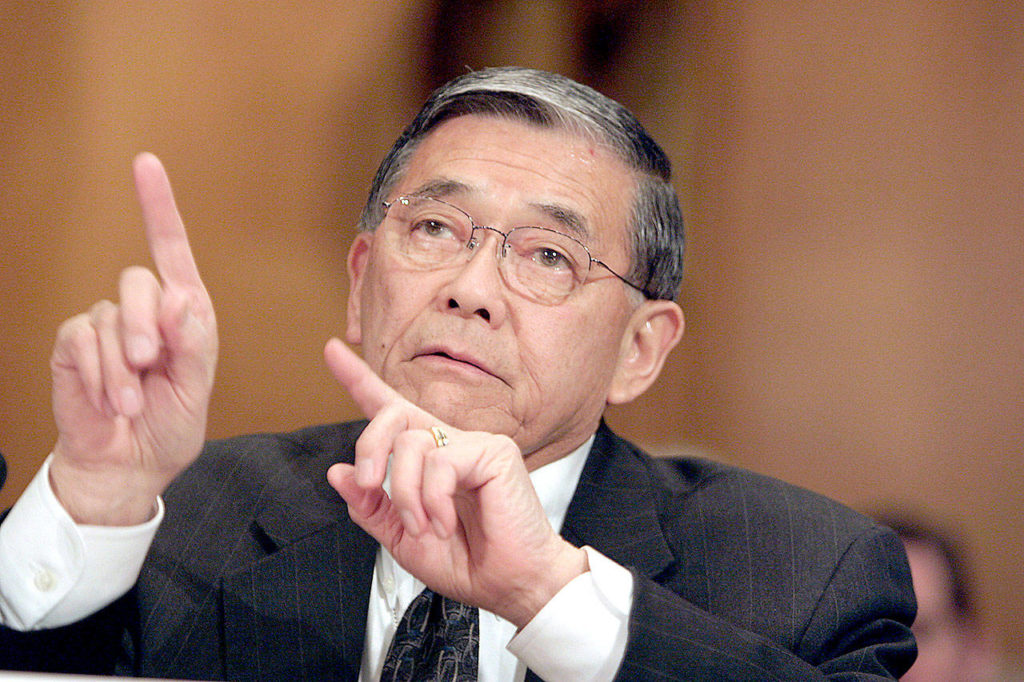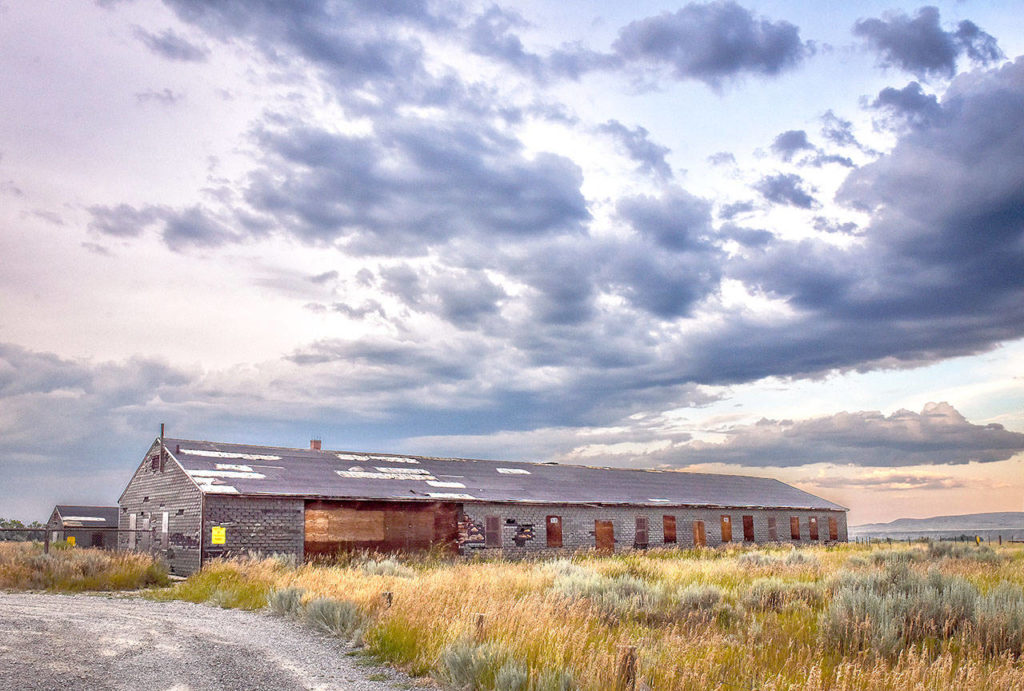By Lori Aratani
The Washington Post
The Census Bureau plans to ask people if they are U.S. citizens in the 2020 count of the nation’s population, igniting fears that the information could be used to target those in the country illegally.
Census officials said the question is being reinstated for the first time since 1950 to help enforce the Voting Rights Act and that there are safeguards in place to prevent any abuse of the information. It is illegal to release information that would identify individuals or families.
But that does not mean that census data has not been used to target specific populations in the past.
In fact, information from the 1940 census was secretly used in one of the worst violations of constitutional rights in U.S. history: the internment of Japanese Americans during World War II.
The internment of 120,000 Japanese Americans: In papers presented in 2000 and 2007, historian Margo J. Anderson of the University of Wisconsin-Milwaukee and statistician William Seltzer of Fordham University found evidence that census officials cooperated with the government, providing data used to target Japanese Americans.
The Japanese American community had long suspected the Census Bureau of playing a role in the push to banish 120,000 Japanese Americans, mostly living on the West Coast, into nearly a dozen internment camps following the bombing of Pearl Harbor on Dec. 7, 1941, according to former commerce secretary Norman Mineta.
Mineta, who lived in San Jose, California, was just 11 when he and his family were sent to live in an internment camp in Heart Mountain, Wyoming.
For decades, though, census officials denied that they had played any role in providing information.
According to Anderson and Seltzer, the Federal Bureau of Investigation and military intelligence agencies began pushing in late 1939 to relax census confidentiality rules in the hopes of accessing data on individuals. But the effort was opposed by Census Bureau Director William Lane Austin.
After the 1940 presidential election, however, Austin was forced to retire. He was replaced by J.C. Capt, who backed efforts to remove confidentiality provisions. Capt’s efforts helped clear the way for other agencies to access the information on Japanese Americans.
In 2000, Anderson and Seltzer found documents that showed officials with the Census Bureau had provided neighborhood block-level information of where those of Japanese ancestry were living in California, Arizona, Wyoming, Colorado, Utah, Idaho and Arkansas.
‘The denial of civil rights’: The revelations prompted Kenneth Prewitt, then director of the U.S. Census Bureau, to issue a public apology. Prewitt wrote: “The historical record is clear that senior Census Bureau staff proactively cooperated with the internment, and that census tabulations were directly implicated in the denial of civil rights to citizens of the United States who happened also to be of Japanese ancestry.”
Anderson and Seltzer, however, weren’t finished. They suspected that despite the bureau’s denials, it had also released “microdata” — information about individuals, including names and addresses.
In 2007, they found proof, uncovering documents that showed Census Bureau officials provided names and addresses of individuals of Japanese ancestry in Washington D.C.
While the Census Bureau had no such record, the pair found the information in records kept by the chief clerk of the Commerce Department. Under the Second War Powers Act, which suspended the confidentiality protections for census data, the chief clerk had the authority to release census data to other agencies. That meant while the information released was not illegal, it was ethically questionable, the researchers said.
The Aug. 4, 1943, request was made by Treasury Secretary Henry Morgenthau. He had asked for the names and addresses of all individuals of Japanese ancestry living in Washington, D.C. Morgenthau had requested the information to aid in a Secret Service investigation of threats made against President Franklin D. Roosevelt.
The request was triggered by an incident that had taken place 17 months earlier, when a Japanese American man traveling from Los Angeles to the Manzanar internment camp allegedly said that “we ought to have enough guts to kill Roosevelt.” The man was later committed to a mental hospital for schizophrenia.
In all, information about 79 people in Washington was released, the researchers found. The records did not indicate that personal information was released on Japanese Americans living in other parts of the United States.
The request was filled within seven days — remarkably quick for a government bureaucracy, researchers said at the time.
“It leads us to believe this was a well-established path,” Seltzer told Scientific American in 2007. Starting in March 1942, standard confidentiality protections were suspended under the Second War Powers Act. Confidentiality provisions tied to census data were reinstated in 1947.
In 1988, President Ronald Reagan signed legislation issuing a formal apology for the wartime internment of Japanese Americans. Former internees also received $20,000 in reparations for property seized during the roundups.
A sore spot for Census Bureau: The mass incarceration of Japanese Americans, the majority of whom were American citizens, is now considered a stain on American history.
“The Census Bureau doesn’t like to talk about it,” said Prewitt, who served as Census Bureau director from 1998 to 2000. He recalled that when he spoke to a colleague about the issue, he received a terse “Well, it was legal” as a response.
“It was not illegal,” Prewitt added. “But it was certainly inappropriate. It was obvious that the Census Bureau facilitated the roundup [of Japanese Americans].”
The Census Bureau again came under scrutiny in the years after the Sept. 11 attacks, when the bureau gave information to the Department of Homeland Security about neighborhoods that were home to large numbers of Arab American populations. Although such information was publicly available, it still raised concerns among activists.
Commerce Department officials acknowledged that they have received questions about the data breach during World War II in relation to the citizenship question on the 2020 census. They said they would respond to The Washington Post but have yet to do so.
Are current safeguards enough? Census Bureau officials maintain that there are protections in place to protect individuals who take part in the 2020 census, noting that it is against the law for any government agency or court to use information gathered as part of the census. A 1954 law prohibits Census Bureau employees from sharing such information. Those who break the law can be fined up to $250,000 and could face five years in prison.
Even so, that is not enough assurance for some, who cite a series of statements made by the Trump administration.
“Just the nature of this administration makes people that much more wary about what they might be asking about,” said Mineta, the former commerce secretary. “I don’t think there’s much confidence in the ability of this administration to have any credibility in terms of protecting privacy issues. For them that’s just a fishing license. It’s ‘I’m the government, and I should be able to go anywhere.’ “
“I have to be agnostic,” Prewitt said about whether there are enough safeguards in place to prevent disclosure of personal information from the upcoming 2020 census.
Still, he said: “We do know the mood of Washington with respect to immigration. We have an administration that has said we simply have got to get rid of the people who do not belong here.”
Talk to us
> Give us your news tips.
> Send us a letter to the editor.
> More Herald contact information.



























